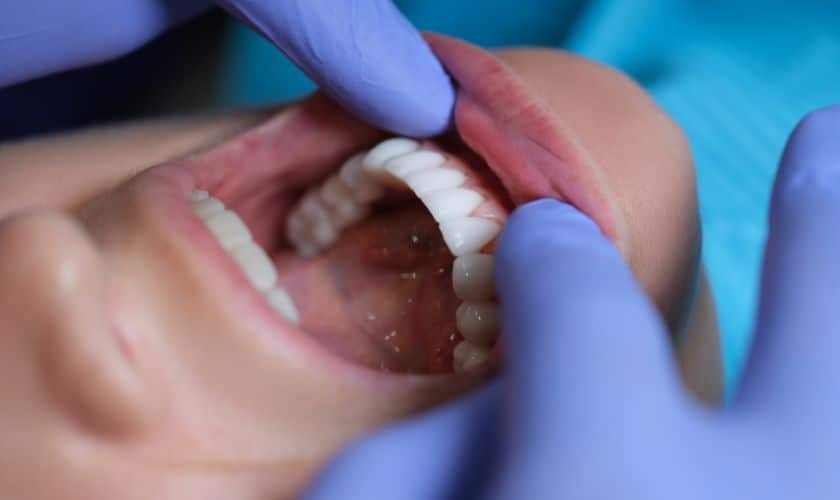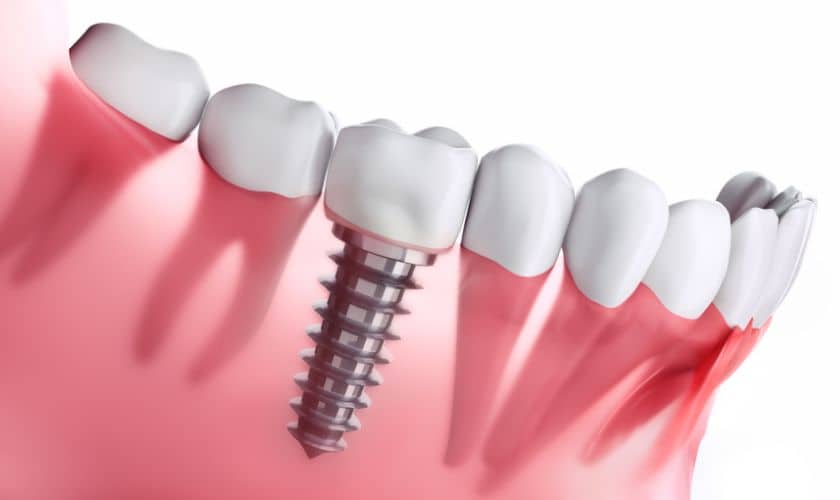Root canals are one of the most notorious dental procedures performed by dentists, but there is a lot of misinformation about them among patients. For instance, the name of the treatment is actually root canal therapy. To clarify the common misconceptions, we answer some of the most frequently asked questions about root canal therapy.
Q: What is root canal therapy?
A: The root canal is actually a part of every tooth. Its purpose is to provide a way for nutrients to flow from your jawbone (which supports the root) to the tooth. In the inner chamber of the tooth is the pulp, which contains blood vessels and nerves. When the pulp becomes infected or inflamed, root canal therapy becomes necessary. Root canal therapy involves cleaning the infected pulp of the tooth, refilling it in order for the tooth to remain strong, and sealing the root canals to prevent the spread of bacteria.
Q: What are some warning signs that you may need root canal treatment?
A: Some symptoms you may experience are pain in the tooth, sensitivity to heat and cold, and tenderness in the tooth or nearby bone and gums. However, there may be no apparent symptoms, so make sure to visit the dentist for a checkup and cleaning at least once every six months.
Q: How does the pulp become infected?
A: The pulp of a tooth can become infected through tooth decay, cracks or chips in the tooth, multiple procedures on the same tooth, or trauma to the tooth that may leave no visible chips or cracks.
Q: How is root canal therapy done?
A: Before beginning the procedure, we will anesthetize the area around the tooth to minimize your discomfort. The infected tissues will be removed from the tooth, and the empty canal will be cleaned and sealed with a rubber-like material. We may also place a crown over the tooth, in order to protect it in its weakened state.
Q: Are there any alternative treatments for root canals?
A: The alternatives to root canal therapy are to either leave the tooth or have it extracted. Because teeth do not heal themselves as other parts of our body do, waiting will only cause the infection to get worse. The infection may also spread to the gums and jawbone, making future treatment more complicated. The best option is to save the tooth, if possible, by treating and sealing its inner chamber and root canals.
ABOUT YOUR SOUTHLAKE DENTISTS
As a native Texan, Gregory Wright, DDS, opened his private practice in Southlake, TX in 1992. He and Dr. Victoria Heron are happily accepting new patients from Southlake, Grapevine, Keller, Trophy Club, Colleyville, and all surrounding communities. To learn more, call our office today at (817) 481-7999.





